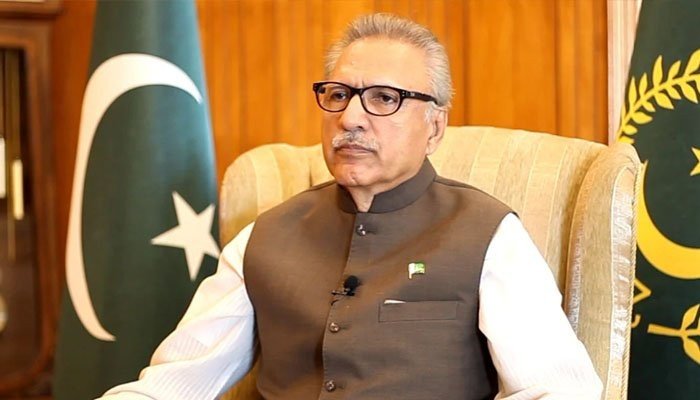On Saturday, President Arif Alvi returned the Supreme Court (Practice and Procedure) Bill 2023, which seeks to limit the individual capacity of the chief justice’s suo motu powers.
Following its approval with a 60-19 majority vote in both the National Assembly and Senate, the Supreme Court (Practice and Procedure) Bill 2023, which seeks to limit the chief justice’s suo motu powers in an individual capacity, was sent to President Arif Alvi for approval. However, the President has now returned the bill for reconsideration to the parliament under Article 75 of the Constitution, just days after receiving it, following noisy protests by Pakistan Tehreek-e-Insaf (PTI) legislators. The bill was introduced by Federal Law Minister Azam Nazir Tarar.
President Arif Alvi has returned the Supreme Court (Practice and Procedure) Bill 2023, which limits the chief justice’s suo motu powers, for reconsideration to the parliament. The move comes after the bill was sent to him for approval and passed through the National Assembly and Senate amid protests. The president stated that the bill prima facie exceeds the parliament’s competence and can be challenged as colorable legislation. He has requested the bill’s reconsideration to ensure its validity in court. In a letter to Prime Minister Shehbaz Sharif, the president highlighted several aspects that require due consideration.
President Arif Alvi has returned the Supreme Court (Practice and Procedure) Bill 2023 to Parliament, stating that it travels beyond the competence of the Parliament and can be assailed as colorable legislation. In a letter to Prime Minister Shehbaz Sharif, the President highlighted the trichotomy of power concept, with the Constitution defining the domain of power, authority, and functions of the three pillars of the State. He cited Article 67 and Article 191 of the Constitution, which define the limits of the Parliament and the Supreme Court, respectively. The President emphasized that any tinkering with the Supreme Court Rules 1980 may be tantamount to interference with the Court’s internal working, autonomy, and independence. He concluded that the Constitution confers independence on the Supreme Court and Article 191 was incorporated to keep the Supreme Court out of the law-making authority of the Parliament.

